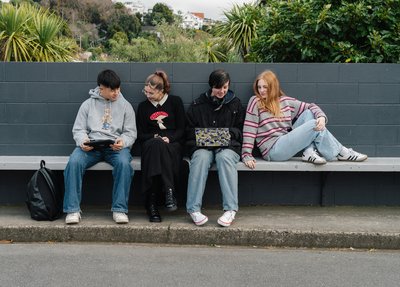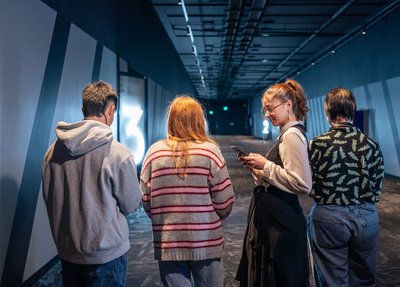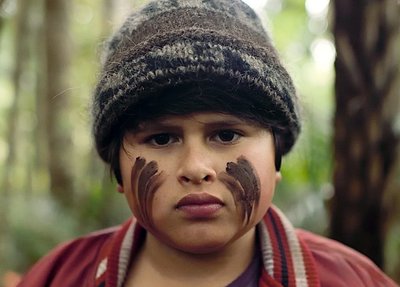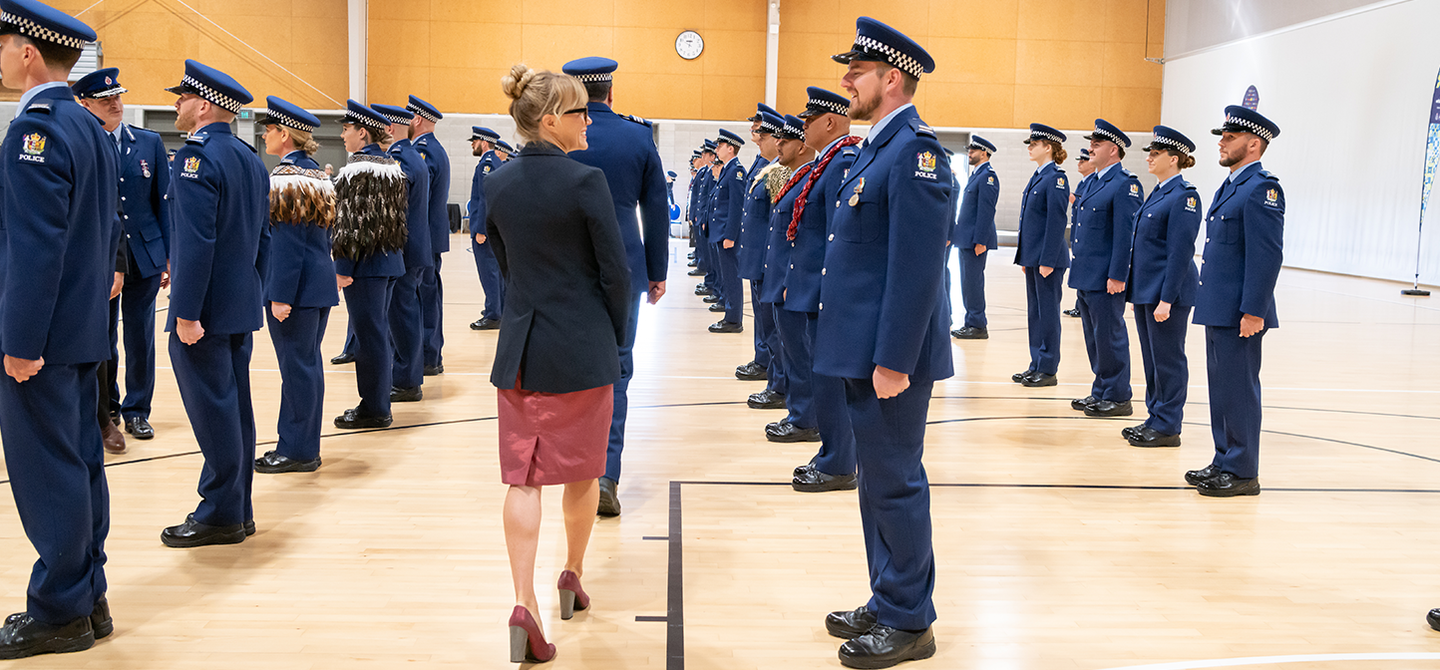
Walking alongside Police Recruits from training to graduation day
Caroline Flora, Chief Censor on April 15, 2024
Last year I was honoured to be asked by the Police Commissioner to be a patron for a group of police recruits going through their training at the Royal New Zealand Police College. It’s a lovely tradition for public service leaders to be asked to offer patronage to the recruits during their training, not only because it acknowledges the place of Police within the wider public service, but it gives us the chance to lean in and support these incredible individuals to do important work on behalf of all of us.
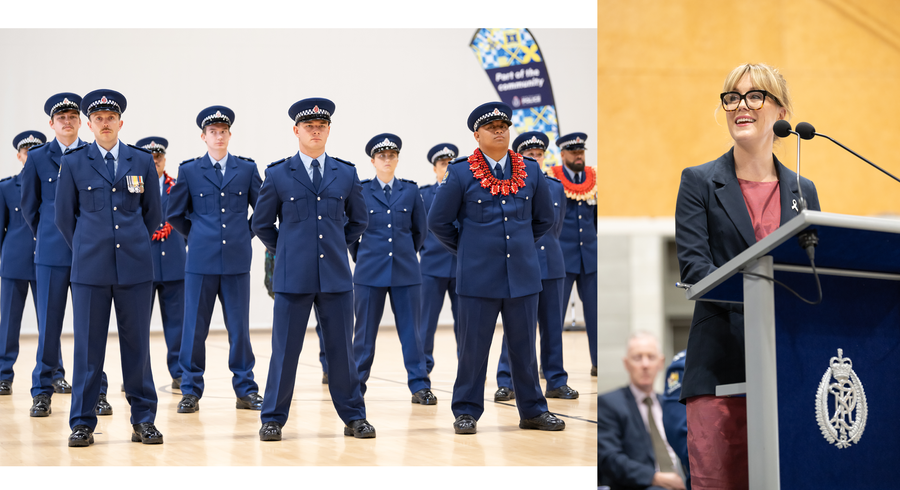
From October 2023 I became the proud Patron of Wing 373. They graduated in February after an intense four month journey of academic, physical, tactical and psychological training. This was a journey that I was privileged to be a part of, and I reflected a lot about the common mission we public servants have, to reduce harm and create safer communities.
Coming into the role of Chief Censor from a health and child protection background, I often think about the work of Te Mana Whakaatu as being akin to a public health approach to harm minimisation. It starts with an acute focus on preventing harm and creating safe public spaces. This means giving people the information and tools they need to make healthy choices for themselves and their families. It means putting our efforts into protecting children and young people, so that they have the best chance to develop and thrive. It also means we offer early intervention when harmful content presents itself through effective responses and appropriate controls and warnings. Walking alongside the recruits in Wing 373, I was reminded that this approach is replicated in policing and wider community service too. The New Zealand Police are there to ensure that everyone can be safe, but also feel safe too. While their training is intense and necessarily must cover a lot, it sits squarely within the Police and public values, of respect, professionalism, valuing diversity, commitment to Māori and Te Tiriti, empathy and integrity.
Spending time with the recruits was also a great opportunity for us to talk about the work our organisations do together daily. The New Zealand Police are an investigative and enforcement agency for the forensic work we do under the Films, Videos and Publications Classification Act 1993. We have a shared role in protecting children and creating safe spaces online, and referrals from Police to our office include potentially objectionable (illegal) content, most of which involves the sexual abuse of children. They have an amazing Online Child Exploitation Across New Zealand (OCEANZ) team that coordinates international operations into investigating and stopping online exploitation activity.
The other area of shared harm prevention work we do together is in countering violent extremism. Following the terrorist attacks in Christchurch in 2019 our office established a dedicated team of specialists that work with law enforcement, academics and NGOs here and overseas in a joint effort to sever radicalisation pathways and protect the community from further atrocities. It was great to be able to illustrate for the recruits how the work of the wider public service is woven together under a shared mission.
At their graduation, I was able to address the Wing’s families and loved ones. They made a huge effort to show their support, travelling from all corners of the country and from overseas. For many families, having their partner or parent away from home for four months of training was tough, and we thanked them for their encouragement and constant cheerleading. They were enormously proud, and I saw many a tear shed.
The training the recruits received at the Royal New Zealand Police College was just the first step in a journey filled with endless possibilities to learn, grow, and make a lasting impact. It was designed to equip them with the knowledge and skills they need to serve and protect our communities, and now they will be getting amazing on-the-job development. In my view, they all concluded their training as leaders, and I reminded them at their graduation that being a leader means being authentic. While a uniform can make you feel uniform, being human and connecting with humans is what makes a great public servant.
Caroline Flora, Chief Censor
Subscribe to our blog
Stay up to date with the Classification Office blog.
